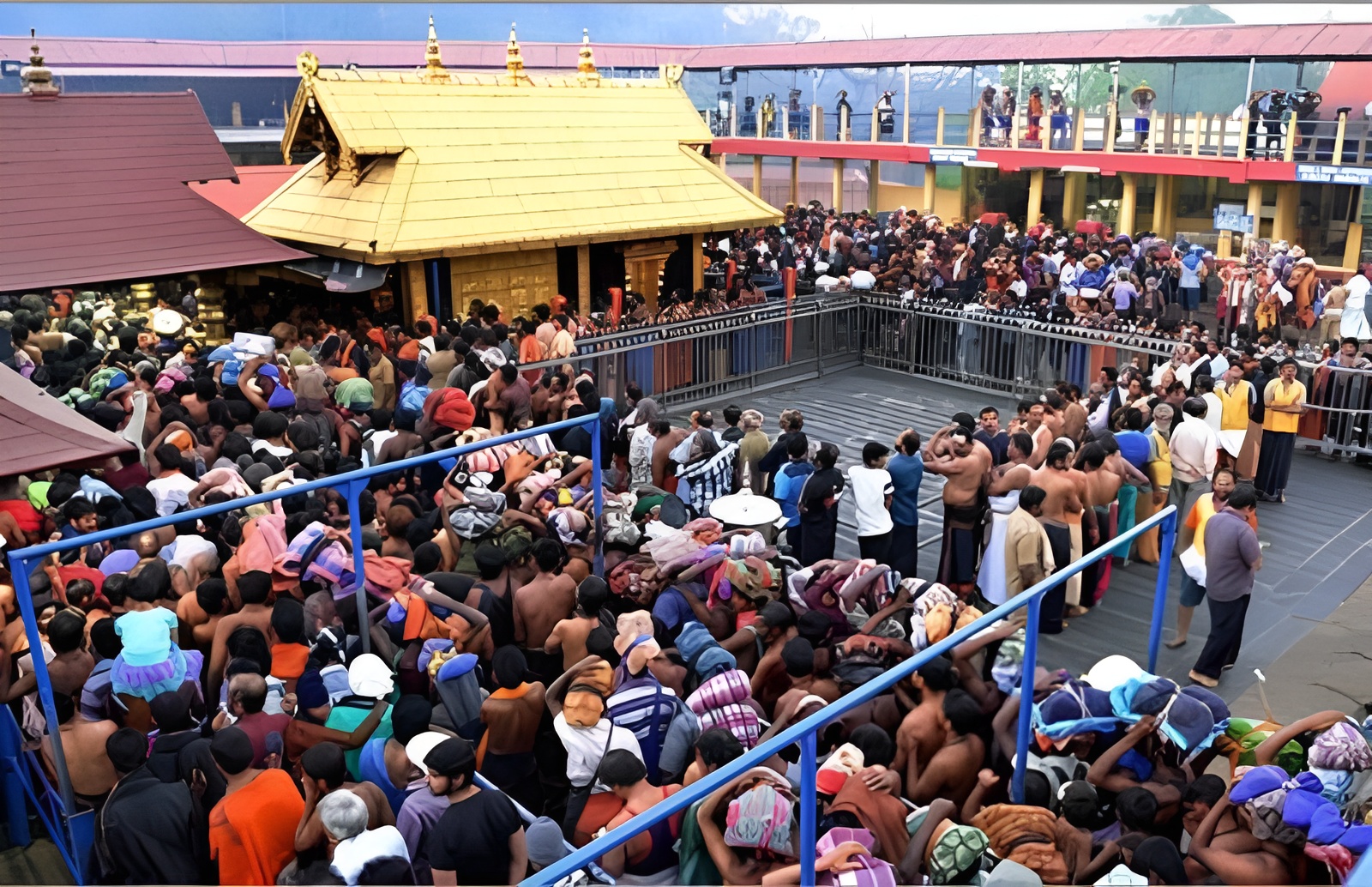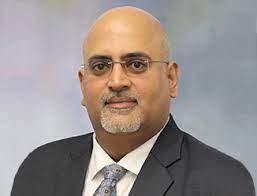Spiritual tourism boom ignites retail renaissance in India’s sacred cities: CBRE study

Spiritual tourism is transforming the retail landscape in 14 sacred cities (Photo by: Media India Group)
India’s sacred cities are witnessing a remarkable surge in both spiritual tourism and retail activity. As pilgrims and spiritual seekers flock to holy cities across the country, retail brands are seizing the opportunity to establish a significant presence, catering to the diverse needs of the burgeoning tourist population, says real estate consultant firm CBRE.
‘Decoding Real Estate through the Spiritual Tourism Lens’, a report published by CBRE highlights that the retail chains that are strategically expanding their footprint across 14 key cities in India. From fashion and apparel to food and beverage, hypermarkets, homeware, and consumer electronics, various retail segments are tailoring their offerings to meet the specific requirements of pilgrims.
In a press statement the real estate firm says that the surge in spiritual tourism is attributable to enhanced infrastructure, encompassing well-connected roads, airports, and public transportation networks, alongside the proliferation of accommodation options such as hotels, guesthouses, and wellness centres. In response to the escalating demand for spiritual travel, local governments and businesses are collaborating to cultivate distinctive retail experiences. This collaborative effort entails integrating local customs and practises into the design and offerings of shops, restaurants, and hotels, thus enhancing the overall spiritual journey for visitors.
The report adds that this trend signifies a broader shift in tourist preferences, with travellers increasingly seeking transformative experiences beyond conventional rituals. The rise of urban spiritual tourism is effectively meeting this demand, drawing visitors to cities renowned for their profound religious and spiritual significance. Specifically, the report identifies Amritsar, Ajmer, Varanasi, Katra, Somnath, Shirdi, Ayodhya, Puri, Tirupati, Mathura, Dwarka, Bodh Gaya, Guruvayur, and Madurai as key cities experiencing this retail surge. In response, retail brands are strategically adjusting their offerings, targeting both established mall clusters and high-street locations to accommodate the growing tourist influx.
CBRE says that spiritual tourism continues to be a lucrative revenue stream for India’s hospitality sector. Across various segments, including economy, midscale, upscale, and luxury, the hotel industry demonstrates significant potential. Major hotel chains are adapting to the evolving preferences of spiritual tourists by providing clean, hygienic, and family-friendly accommodations that warrant premium pricing.
Moreover, several cities boast a robust pipeline of new hotel projects, with renowned brands such as Marriott, Taj and Hyatt expressing strong interest in tapping into this market. Branded hotels are emerging as pivotal players, offering a fusion of comfort and traditional hospitality tailored to the needs of spiritual seekers. Boutique and experiential hotels further enhance the spiritual journey by offering personalised services, curated spiritual activities, and authentic local experiences.
It adds that in India, a partnership has blossomed between wellness centres and hospitality brands to cater to the needs of spiritual tourism. Wellness centres offer yoga and Ayurveda services for physical, mental, and spiritual well-being, while hospitality brands create serene environments and customised wellness programmes. This collaboration meets the needs of travellers seeking a deep connection with India’s spiritual traditions, supporting the flourishing spiritual tourism sector. Enhanced infrastructure in cities like Varanasi and Ayodhya makes spiritual hubs more accessible, catering to younger generations seeking transformative experiences. Tour companies respond with personalised pilgrimages and wellness programmes, including meditation and yoga.
“The rapid expansion of spiritual tourism in India is driving the growth of the country’s faith-based tourism market. Government initiatives to promote tourism and improve connectivity between pilgrimage sites are further boosting this growth. The rise of online retail platforms offering easy access to faith-based products and services is also a key factor,” says Anshuman Magazine, Chairman and CEO, India, South-East Asia, Middle East and Africa, CBRE.
“Driven by the growing popularity of spiritual tourism, investors are flocking to capitalise on the market’s potential. Guided by a commitment to cater to the unique needs of spiritual travellers, these investments aim to deliver high-quality accommodations, bolster infrastructure, safeguard heritage sites, and ultimately drive regional economic growth. This trend has created opportunities for the hospitality and retail sectors to thrive in these destinations,” says Ram Chandnani, Managing Director, Advisory and Transaction Services, at CBRE India.











